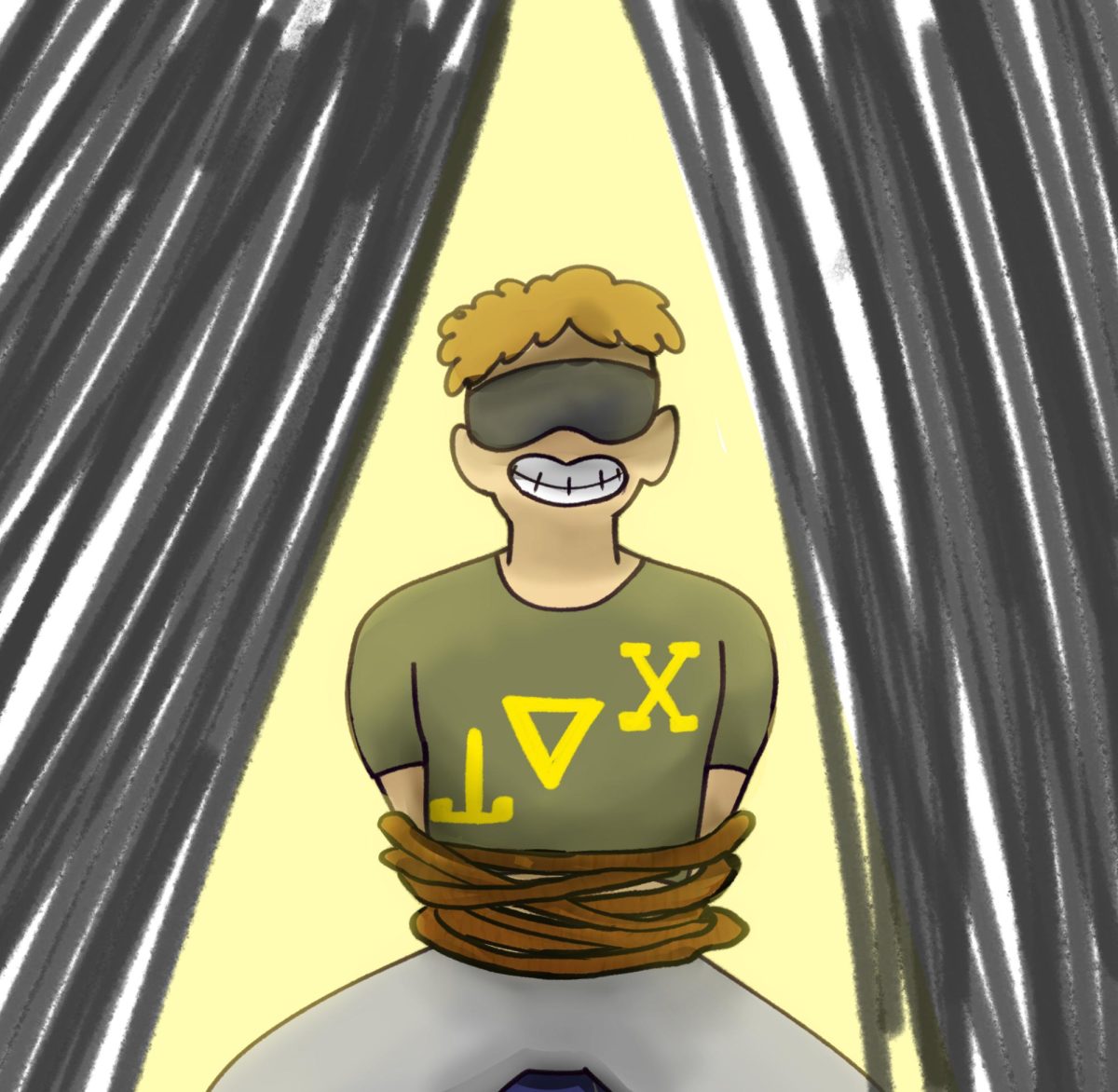On Feb. 20, I left Trinitonian’s weekly Story Idea Meeting after bringing up the amount of breakfast food at Trinity to go have my routine dinner at Mabee Dining Hall. To my dismay, I once again found troughs of breakfast food: eggs, bacon, sausage and pancakes. While I love breakfast food and the round-the-clock breakfast can solve students’ hunger needs, Mabee’s obsession with breakfast for dinner can be harmful for students, especially for those with dietary needs, as the university prioritizes the dining hall going forward in 2025-2026.
While breakfast is rightfully nicknamed the most important meal of the day, Trinity has an obscene amount of breakfast-centric locations. Outside of Mabee, Einstein’s and Starbucks — the only on-campus franchise options — sell coffee and pastries. Meanwhile, El Burro has breakfast burritos and tacos on weekday mornings. In fall 2023, Breakfast & Co. became the go-to late-night option for students to get their breakfast fix. It makes sense that these places have breakfast options since students’ schedules are different, but it’s possible to be on campus for the whole day and only eat entirely breakfast for all three meals.
While Mabee’s sporadic “breakfast for dinner” nights can be a fun change of pace, the dining hall already has limited dinner options. Other dining locations typically close at 5:00 p.m. As a result, students living on campus who want to make the most of their meal plan are confined to Mabee. Introducing breakfast foods for dinner is confusing with Breakfast & Co. literally right next door, which opens routinely at 5:00 p.m.
Eliminating dinner options to have breakfast for the sake of it is lazy and harmful. In Monique Tello’s article in “Harvard Health Publishing,” she stated that she “want[ed] to cry” while thinking about the typical American breakfast. Fatty foods like bacon and sausage aren’t exactly part of an ideal, healthy breakfast — let alone as a replacement for dinner. Tello’s beliefs reject the calorie-crunching, greasy diet our imagination goes to when we think about breakfast. It doesn’t take a Harvard doctor to know these options are unhealthy, and Mabee should not serve them as a replacement for dinner.
That said, there’s a reason why breakfast foods are available throughout the day. They’re cheap, easy to make and, most importantly, yummy! After all, Trinity students voted in 2023 for Breakfast & Co. to replace Steak ‘n Shake when Chartwells took over the university’s dining services. Even nationally, a OnePoll survey of 2,000 Americans found that 69% of people enjoyed breakfast for dinner. We simply can’t get enough breakfast, and clearly, that sentiment goes along with Trinity students. There’s a reason “Midnight Breakfast” has been a longtime Trinity tradition, showing the proof of concept of after-hours breakfast year after year.
However, Trinity’s new 2025-2026 school year meal plan will force students to dine more at Mabee. As Managing Editor, Samara Gerstle, points out, the new meal plan increases prices for all plans, slashes bonus bucks and kills the junior/senior meal plan. All of these changes make students more dependent on Mabee instead of other options on campus.
As these fees increase, Trinity students should demand quality dinners rather than breakfast foods, even if it’s only for one-off nights. Trinity must spend hiked costs on ensuring that proper dinners will be met for students with any dietary needs rather than dishing out the same flapjacks we saw hours before.
None of this would be a concern if Mabee consistently had dinner options that were healthy enough to be worth eating. As a junior who lives on campus, I eat at Mabee almost daily for dinner, and I’m not alone. I’ll eat pancakes as much as anybody, but I don’t want to see them after 5:00 p.m. While the flexibility and stress of college life makes breakfast food appealing, it is not sustainable for healthy lifestyles.
As Trinity focuses on promoting Mabee as the go-to destination for students’ dining needs, serving dinners that are not replaced with breakfast needs to be a priority. It can be difficult for college students to establish healthy habits, and expanding breakfast’s prevalence in the dining hall hinders that further. If Mabee is the future epicenter of campus dining, it must help students with an integral part of adulthood: learning how to eat on our own.








